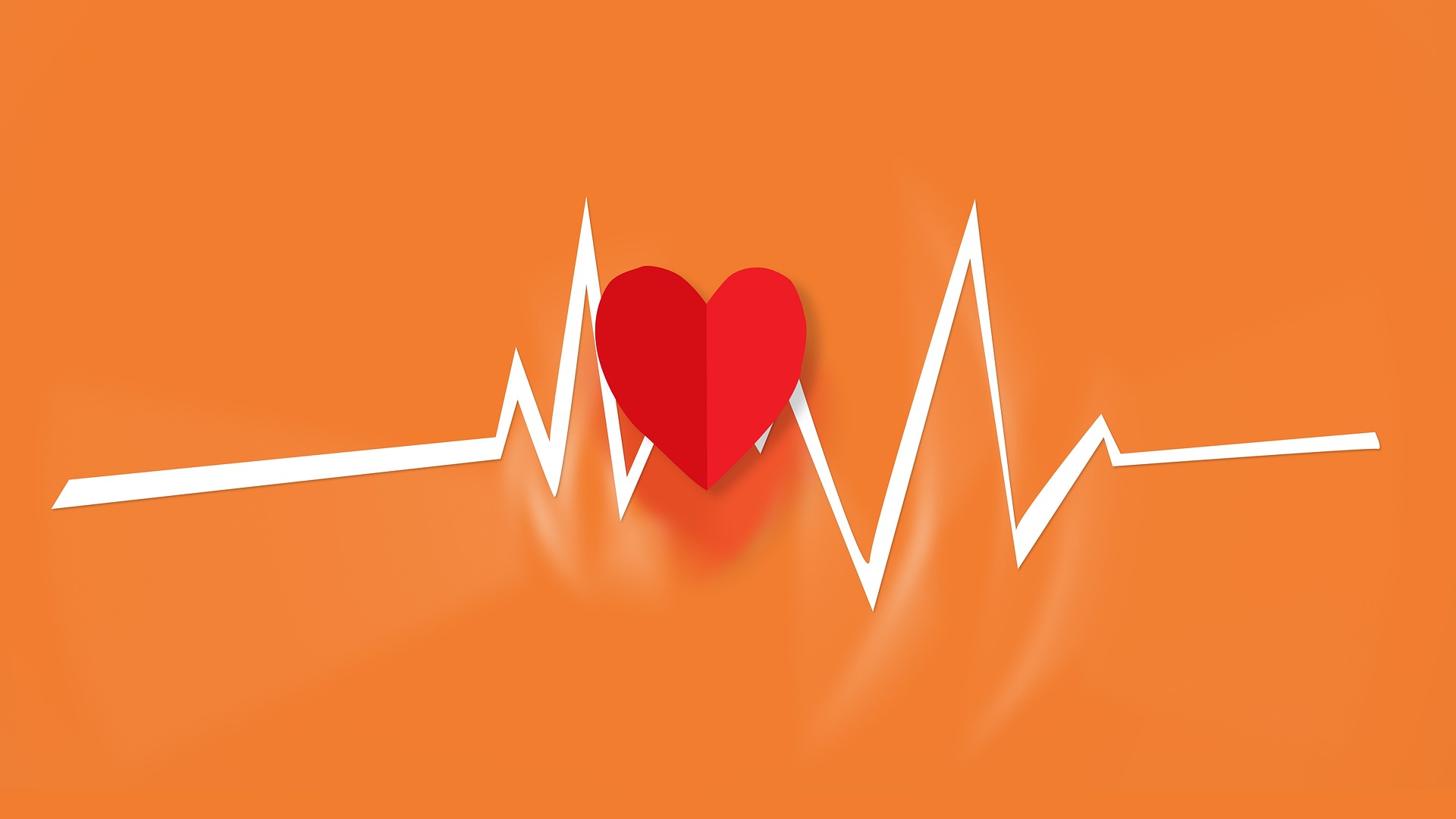Everyone knows the movie shorthand for a heart attack…grab the left arm, wince in pain, and fall to the floor. But in real life (IRL) the signals of heart disease may be more subtle, though they generally stem from blood flow problems.
When writing in the AARP magazine, Nicole Pajer offered up these ten less well-known signs that you may be suffering from heart disease.
- Breathing difficulty when lying flat
If your breathing becomes difficult when lying flat, you may be suffering from orthopnea. Your heart may be having difficulty pumping the increased volume of blood redistributed by lying prone. This serious condition demands immediate medical attention.
- Leg or Hip Pain when walking
Pain in the legs or hips might be caused by overwork or arthritis but be aware it can also signal Peripheral Artery Disease. Just as blocked arteries to the heart can cause a heart attack, blocked leg arteries can cause pain in the legs and hips. Often these blockages come in tandem, seek medical attention if suffering from either.
- Overly Tired
If you are easily tired by your usual activities, it could be an indicator of low blood flow to the heart and may be an early warning of a heart attack on the horizon. Many women experience this early warning and should seek medical attention as quickly as possible.
- Nighttime Bathroom Trips
If you wake more than once a night for a bathroom break, especially if you have swollen ankles, it is not just that you are getting older. It may indicate a weak heart pumping less blood to the kidneys and causing fluid buildup. The kidneys will have more fluid to filter causing those extra trips.
- Erectile Dysfunction
One indication of vascular problems in men may be erectile dysfunction, caused by decreased blood flow in the vessels. Endothelial dysfunction, where the vessels do not expand and contract properly, reduces blood flow to the heart and the groin. Don’t be embarrassed to mention this to your doctor.
- Loss of Libido
Proper circulation is important for many facets of our lives. Women can suffer from sexual dysfunction also. In fact, according to one survey, 87% of women with heart failure reported some degree of dysfunction, lack of libido, dryness, and loss of sensation. You need to tell your doctor, so they have a full picture of your health.
- Bad Gums, Bad Breath, Bad Heart
Leading periodontists say that there is a correlation between periodontal disease and cardiovascular disease. A tip off can be your bad breath, it is usually caused by excess bacteria which can enter the bloodstream through diseased gums and contribute to inflammation, clogged arteries, and stroke.
- Fatty Growths
High cholesterol can be damaging to your heart. If high cholesterol runs in your family, watch out for fatty deposits under the skin called xanthomas. These collections of fatty lipids can feel like calcium deposits in tendons typically near ankles and elbows. They are an indicator of high cholesterol.
- Swollen Ankles
Your lymphatic system, a complex network of vessels, is essentially a drainage system within the body which transports excess fluid and metabolic waste products into the blood circulatory system. If your heart is pumping these systems inefficiently, fluid can accumulate in the lower extremities when leg veins cannot pump fluid back to the heart. If you have swelling in both legs or ankles, especially accompanied by shortness of breath, talk to your doctor soon. Swelling in one leg may indicate a blood clot or infection.
- Nausea
Nausea can be a symptom of heart disease. When the heart struggles to pump blood and fluid, pressure can build up in the lungs, abdomen and lower extremities resulting in bloating and nausea. Women in particular, are more likely to report persistent nausea as a symptom before a heart attack.
If you or a loved one are experiencing any one or a combination of these symptoms, please do not ignore them. Take note of the occurrence and inform your doctor. If they occur along with the more traditional signs of a heart attack like acute chest, jaw or shoulder pain, please seek emergency medical care. The life you save may be your own.

